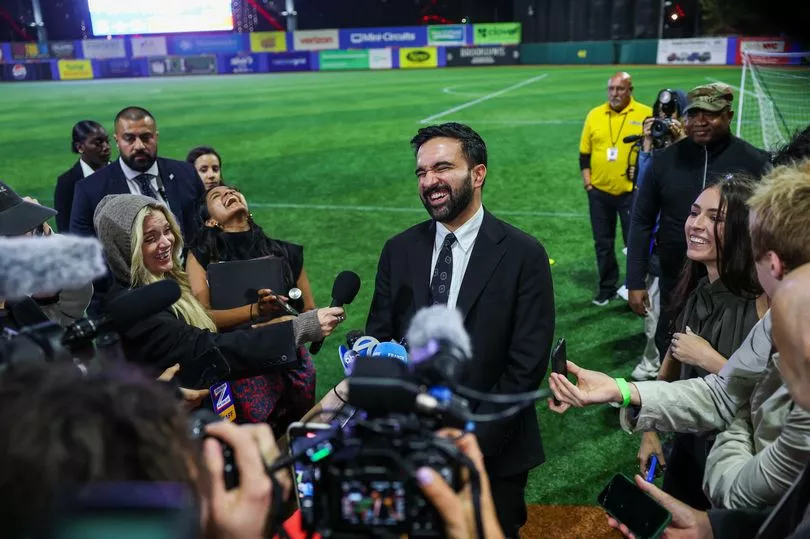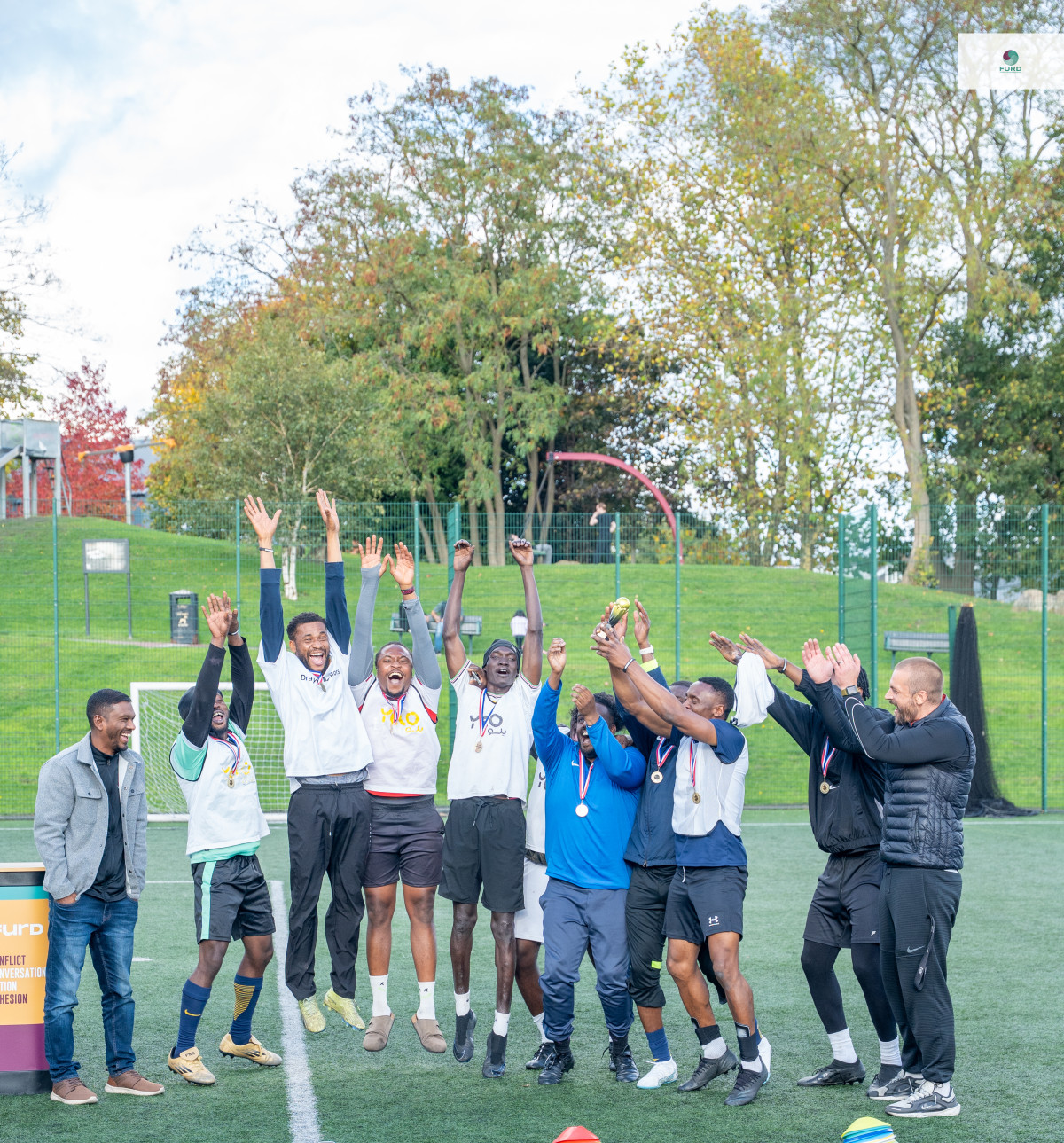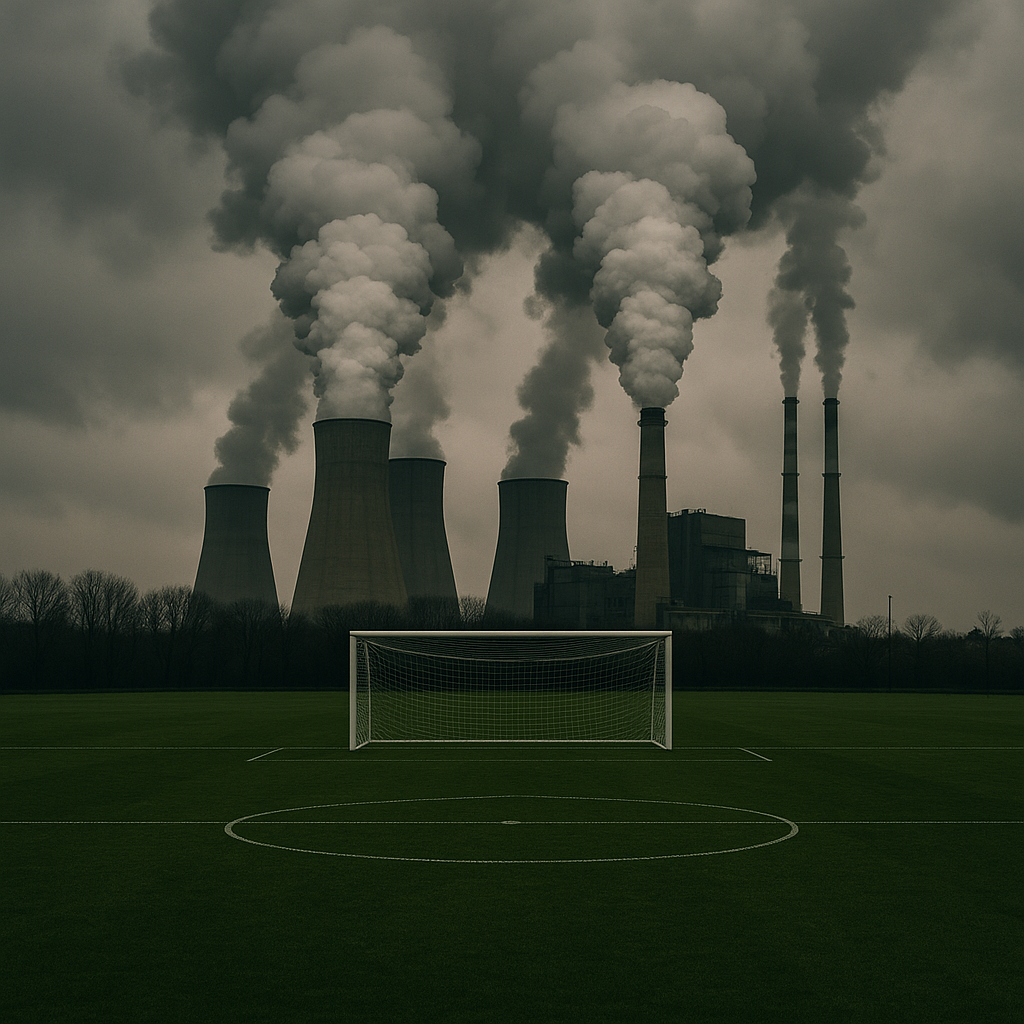For #WorldRefugeeDay the Fare network has named a World Cup 2018 Refugee XI, a team featuring players from refugee backgrounds playing at the World Cup in Russia.
The Refugee XI celebrates the presence and contribution of refugees to the World Cup and highlight the roel that football can play in breaking down barriers by highlighting achievement. All of the players listed are refugees, or the children of refugees, playing at the FIFA World Cup in Russia.
Piara Powar, Executive Director of Fare, said, “These are some of the worlds best players, we think if they were playing together as a team they would be in contention to win most leagues in the world and be in contention for a semi-final place in Russia. Our wider point is that refugees contribute to every aspect of life, across the world, we stand together with them to celebrate and defend their rights and their presence amongst us.”
Among this year’s XI is the Liverpool and Croatia defender Dejan Lovren, who recounted the horrors that shaped his childhood as a refugee from the Bosnian war:
“When I see what’s happening today [with refugees] I just remember my thing, my family and how people don’t want you in their country. I understand people want to protect themselves, but people don’t have homes. It’s not their fault, they’re fighting for their lives just to save their kids. I went through all this and I know what some families are going through. Give them a chance,” said the 27 year-old in ‘Lovren – My life as a refugee’.
The stories of the Fare World Cup 2018 Refugee XI
Goalkeeper
Steven Mandanda, Marseille, France
Mandanda and his family were forced to leave Kinshasa in the former Zaire, now the Democratic Republic of Congo, during the reign of Mobutu Sese Seko, and migrated to Liege in Belgium.
Defenders
Victor Moses, Chelsea, Nigeria
Moses was raised in Kaduna, Nigeria. His father and mother were attacked in their home and killed when riots swept in 2002. He was told of the news when playing football in the street, before being sent to England where he was taken in by foster parents in south London.
Dejan Lovren, Liverpool, Croatia
Lovren and his family had to flee their home in Kraljeva Sutjeska, former Yugoslavia, when the conflict broke out leaving hundreds of thousands dead.
Vedran Ćorluka, Lokomotiv Moscow, Croatia
Born in the former Yugoslavia, Ćorluka moved to Zagreb in 1992 due to the war in Bosnia.
Milos Degenek, Yokohama F. Marinos, Australia
Moved to Australia with his family in 2000 to start a new life. "We were living in Croatia, but being Serbian we were forced to flee to Belgrade where we lived as refugees during the Kosovo War. I was only young, but I still saw things no person should see.”
Midfielders
Luka Modrić, Real Madrid, Croatia
As a child Modrić was forced to flee his hometown Zadar in the former Yugoslavia, with his family living in hostels during the Croatian war of independence in the early 90s.
Granit Xhaka, Arsenal, Switzerland
Xhaka was born in Basel to Kosovo Albanian parents. His family moved from Kosovo Podujeve to Switzerland shortly before he and his brother were born.
Ivan Rakitić, Barcelona, Croatia
Was forced to flee Croatia with his family before war broke out in the former Yugoslavia. They moved to Mohlin, Switzerland where Ivan was born and grew up.
Forwards
Adnan Januzaj, Real Sociedad, Belgium
The son of Kosovo-Albanian refugees, Januzaj was born in Belgian capital Brussels on 5 February 1995.
Josip Drmić, Borussia Mönchengladbach, Switzerland
Drmić was born to Croatian parents in Lachen in the canton of Schwyz, fleeing the war.
Pione Sisto, Celta de Vigo, Denmark
Born in Uganda to South Sudanese parents who fled the civil war, Sisto moved to Denmark when he was two months old.






